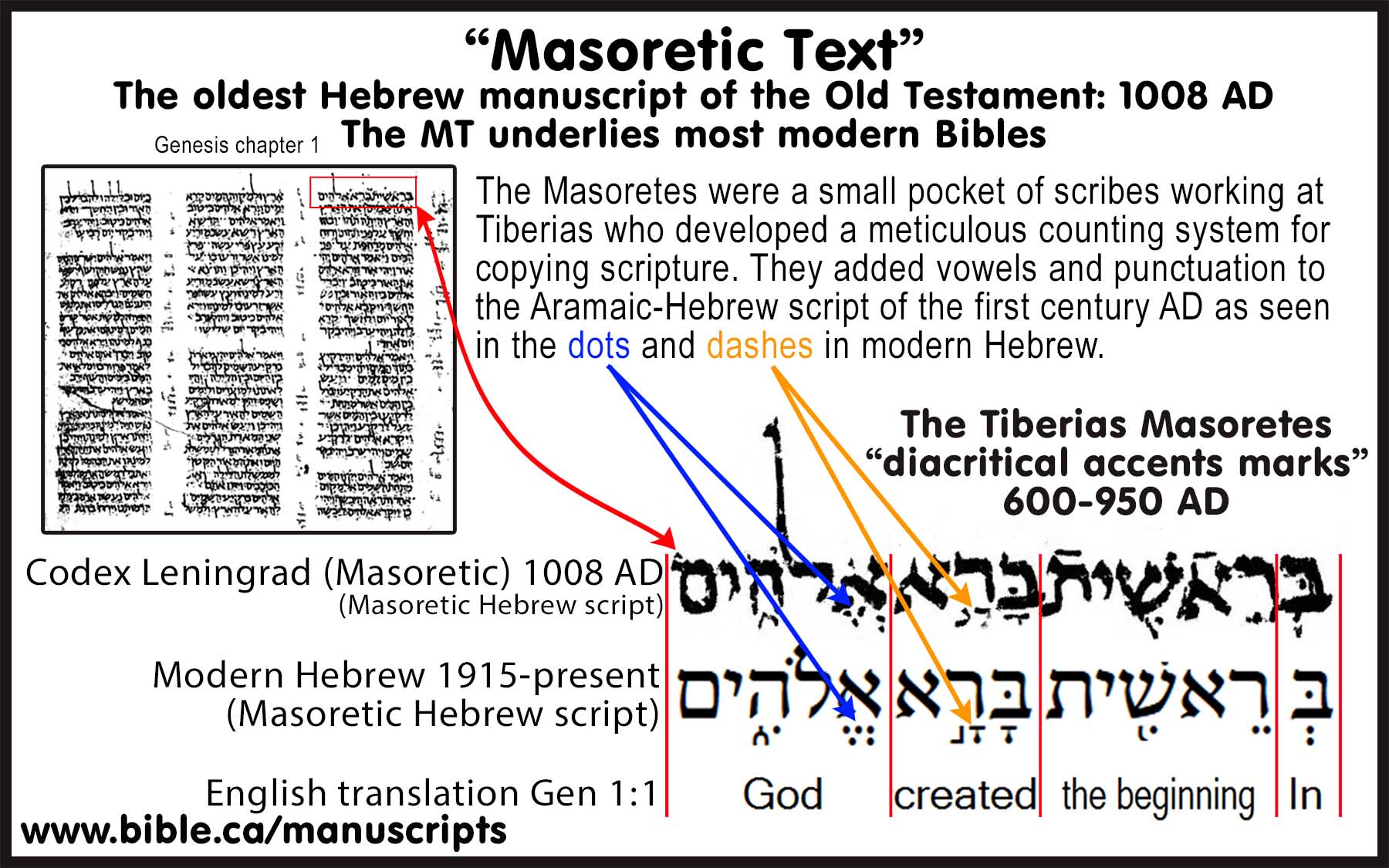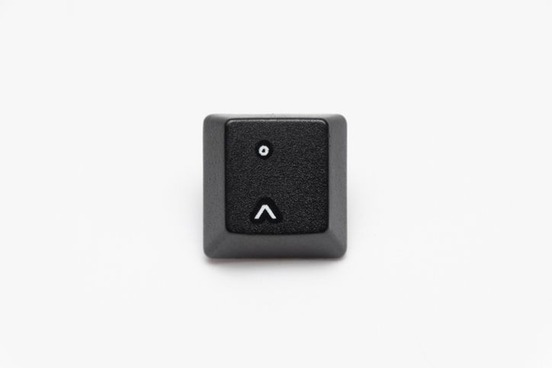

- Typing diacritical marks for english long vowel sounds how to#
- Typing diacritical marks for english long vowel sounds full#
Which is interpreted as “hehe”, more gentle laughter. It has no other meaning - it’s only used for phonetic spellings of western words, or to say “hahahaha”. This is what’s used to laugh online in Chinese text messages! In Chinese, each character usually has a unique meaning, and a unique syllable.įor imported words, a set of “phonetic” characters are used, which don’t really have a common meaning.

Actually technically it’s a longer “a’, a bit like the “ o” in “l ong”. This one is simpler to read as they write in the long “a” vowel. There’s a second way of laughing online in Farsi: Again, like in Hebrew, you can hear people sarcastically saying “kha-kha-kha” in conversation. So this is the equivalent of laughing with “kha-kha-kha”. But it’s a different consonant to the one used in Arabic. Like in Arabic, this is just a consonant, omitting the short vowel (which isn’t written in modern Persian).

The most common way to laugh online in Farsi is: But I am friends with more and more Persian speakers online so have seen a few interesting things!įarsi uses the Arabic character set (give or take), but people don’t express “haha” the same way - a sign of how local an online community can be. Laughing online in Farsi/Persianįarsi is my mother tongue, so I mostly speak it at home, rather than write it.
Typing diacritical marks for english long vowel sounds how to#
If you’re looking to find out other new Hebrew phrases, one of my favourite (free!) websites is Teach Me Hebrew - you ask the author and she tells you how to say anything you want.
Typing diacritical marks for english long vowel sounds full#
If you ever hear someone in Israel laughing sarcastically out loud (shout-out to my Israeli team, full of gentle sarcasm at the ludicrousness of business there), they’ll make this same sound: “kha kha kha kha”. In Hebrew, like in Arabic, you don’t write short vowel sounds. This is pronounced “ha3″… hard to explain. It’s also interesting to me that they don’t use the harder “ح” (also “h”, but from the back of the throat). Still, first time I saw it, I definitely read this as a hissing sound. Which means even though it’s just a string of “h” sounds you read it “hahahahaha”. In Arabic, people don’t write short vowels like ‘a’. You read Arabic from right to left, although it doesn’t matter here… it just reads “hhhhhhh”. This is one we learned most recently when chatting in Arabic with our language teachers in Egypt (these are our final videos of us speaking Arabic after sixty days of trying). How we laugh online in different languages Here’s how you say “hahaha” in the languages we speak. But it’s fun to see how people say “hahaha” in different scripts and languages!īy the way, if you’re reading this just because you like languages, you might also like our article on all the ways people say “say cheese!” in different languages. While a laugh-cry emoji goes a long way, and “LOL” and its variants come and go, saying “hahaha” is a mainstay in every language and is likely to remain one. But did you know that in other languages people don’t say “haha” the same way? It all depends on the alphabet they use… and sometimes, the sound they make in the local culture when they laugh.Īs we learn languages mostly online with tutors (even when we’re in the same country, like we did with Arabic), we end up chatting sometimes over Skype and WhatsApp. You’re probably familiar with “haha” or “lol”. All the different ways in which people laugh online in different languages - in Arabic, Persian, Korean, Chinese, Hebrew, and a few other languages.


 0 kommentar(er)
0 kommentar(er)
